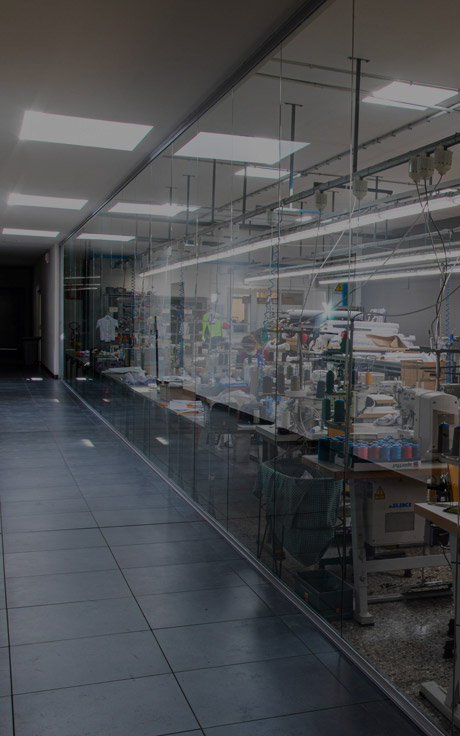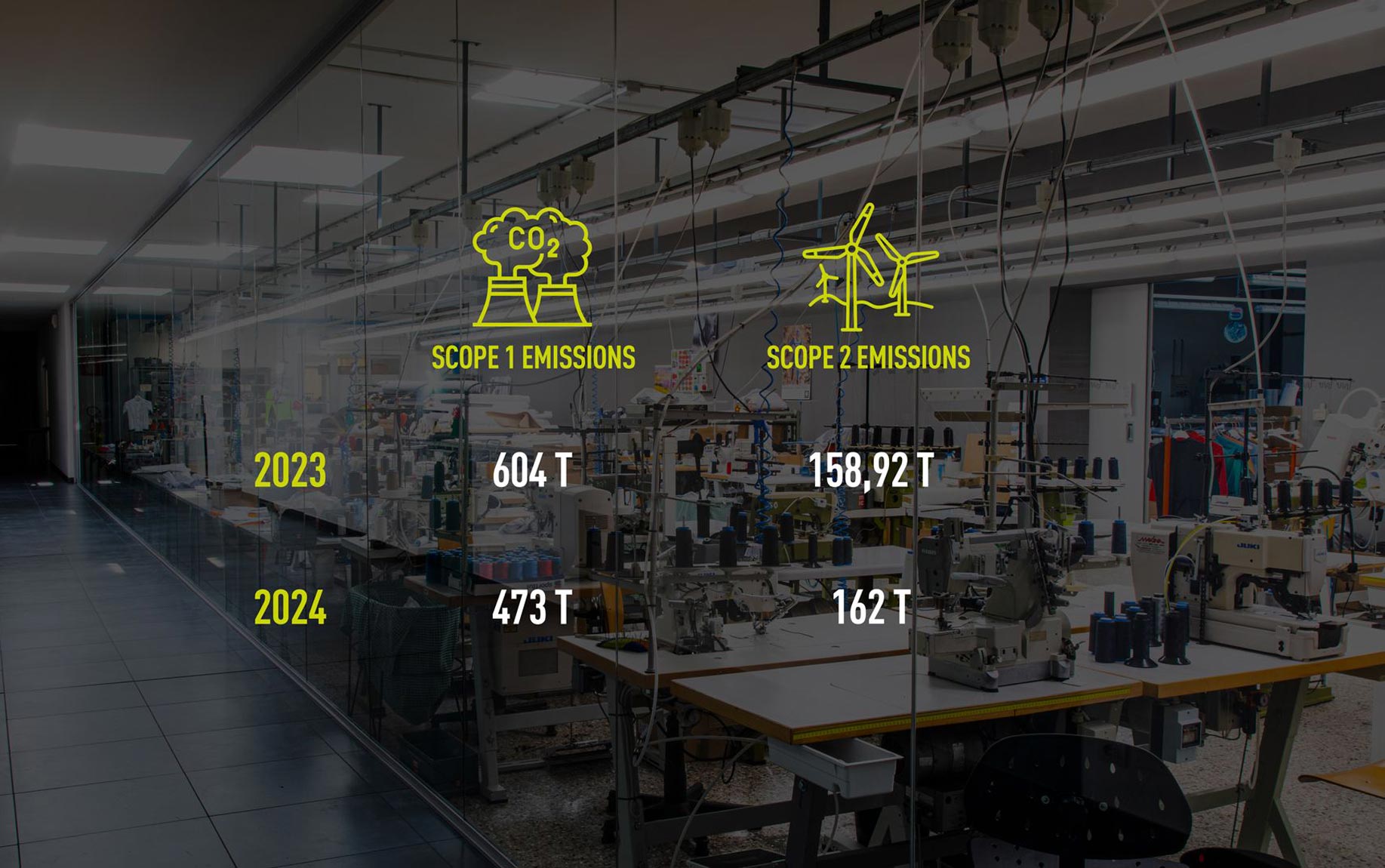
Starting 2023, the MVC Group has processed an internal roadmap with the goal of reducing its carbonfootprint and embarking on a decarbonization plan.
The first step involves calculating annual greenhouse gas (GHG) emissions, with a particular focus on direct scope1 emissions, i.e., from activities directly controlled by the company, and indirect scope2 emissions, related to electricity and heat generated by other parts in the value chain, of which MVC group is the end user.
In 2024, a 27.69% reduction in direct emissions occurred (calculated in tons of C02 equivalent) from the previous year, with a 1.93% increase in indirect emissions due to sourcing from external suppliers.
In 2025, MVC Group will strive to keep emission values stable, also introducing the estimation of indirect emission analysis of the entire value chain scope3 - statistically, more than 90% of total emissions from our industry.
This is another important step in the establishment of SBTIs (Science Based Target Initiatives), targets and related actions for mid- to long-term reduction of GHG emissions.
